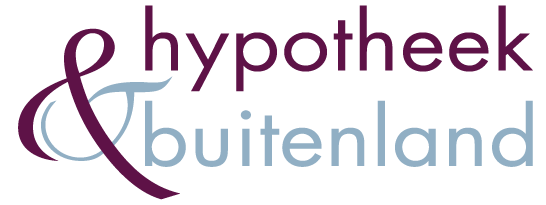Mortgage forms France
Mortgage forms France
France has a different financing culture than the Netherlands. French banks take a more classical approach, focusing on paying off the mortgage. Consequently, the annuity mortgage is by far the most widely used mortgage form. The no-repayment mortgage is hardly offered, if at all.
The annuity mortgage(prêtamortisable) is the most widely used form of mortgage in France. In the absence of mortgage interest deductions and a less sound pension system, the focus in France is on paying off the loan through this form of mortgage.
Redemption-free is currently available – under strict conditions – to non-residents at one French bank. These conditions boil down to demonstrating, as early as when applying for the mortgage, that there is more than enough (liquid) equity to repay the mortgage in the future. The maximum duration is 14 years.
French banks do not get excited about loan amounts below €100,000; in fact, they are not commercially interesting enough. Some banks even have a hard lower limit of €100,000 or €150,000.
French banks usually offer a fixed interest rate for the entire term. Sometimes a variable interest rate is also possible with or without built-in protection against rising interest rates such as an interest rate plan fund or the “accordion formula. A fixed interest rate of 5, 10 or 15 years as we are used to in the Netherlands is hardly offered.
The interest rate offered varies from bank to bank. At banks that have a separate department for non-resident customers, the interest rate offered is often about 1% higher than at regionally operating banks or “private banks. The interest rate level of these banks is comparable or slightly lower than the prevailing Dutch interest rate level.
French finance culture is focused on paying off a mortgage quickly. Therefore, maturities of 30 years are not common. For non-resident buyers, terms of 25 years are possible, but often the maximum term is also 20 years. See more information on maturities under “Age and maturity”
A closing commission is common in French banks. It varies by bank. Sometimes it is several hundred euros, sometimes 1% of the loan amount.
Term life insurance is required by most banks. A few French banks are willing to waive the requirement to purchase death benefit insurance. See more information on term life insurance under “Age and Term”
Banks are commercial institutions, and especially for non-resident customers – for whom they have to go the extra mile – they make it a condition that, in addition to the loan, other products from this bank must be purchased, such as a checking account, fire insurance and sometimes a savings account into which a certain minimum amount must be deposited.
If the loan is repaid early, a penalty is due from French banks. However, consumers are better protected than in the Netherlands, and the penalty for early repayment is capped by law in France.
A bridging loan is possible if the house being bridged on is also in France. Bridging on a house located in the Netherlands or a country other than France is not possible.
The release of surplus value through a mortgage is not possible in France unless the amount to be released will be used to purchase another property. Releasing money for consumption purposes or to supplement retirement is therefore not possible.
It is still possible to apply for so-called post-financing for up to 6 to 9 months after the purchase. In other words, recover the funds advanced for the purchase through a mortgage.
It is possible to obtain a mortgage if the buyer of the property is the French company de SCI or SARL de famille. Ask yourself whether buying through such a legal form is really necessary and useful and whether the advantages outweigh the disadvantages. Also weigh the significant incorporation and ongoing costs in your decision to buy through such a legal form in France.

